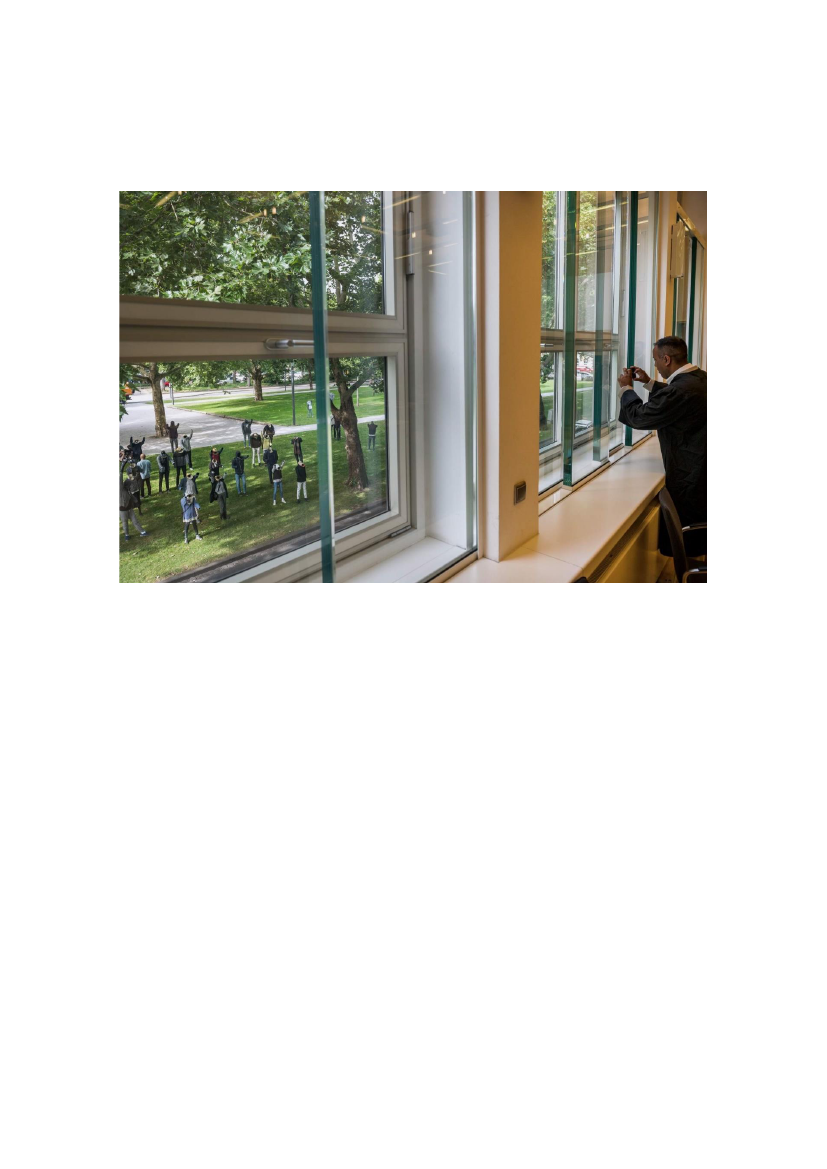
MUTE ARTWORK STATEMENT
by conceptual artist Khaled Barakeh
On World Refugee Day, 20 June 2022, and as the number of refugees worldwide reaches the tragic
milestone of 100 million people, the “MUTE” public installation uses its silent protest to
remind all
who will listen: oppression and human rights violations enacted by dictatorships drive the wars,
displacements, and terror that continue to force so many from their homes and safety.
As a public art installation, “MUTE” began as a demonstration
outside the Higher Court in Koblenz,
Germany, in 2020. The trial brought Syrian regime officials to justice for crimes against humanity for
the first time in history. At that time, health measures related to the pandemic prevented activists
and the families
of Syria’s detainees and disappeared from attending the court proceedings. Barakeh
took inspiration from these difficult circumstances to make Syrians’ ongoing struggle for justice
visible next to the court. “MUTE” assembled a silent demonstration of 49
figures, dressed in the
ordinary clothes of Syrian activists who were residing in diaspora. Recalling the tactics that peaceful
protestors in Syria used to avoid capture by state security forces, the figures’ clothes are dark,
muted colors that allow individuals to blend anonymously into crowds. Headless, they are a silent
reminder of the fates of countless people across the world who live under dictatorial and totalitarian
regimes and whose voices are ultimately ours.
"MUTE" continues the historical momentum that began in Syria when the people rose up to claim
their freedom and dignity. It also reflects on the story of an abandoned people who were left to fight
for freedom on their own. Beginning in 2011, the Syrian regime suppressed popular assemblies and
demonstrations in ways described as barbaric, medieval, and most horrendous since the Holocaust:
besieging cities and towns; shelling them with barrel bombs to inflict mass casualties; arbitrarily
detaining, torturing, and killing tens of thousands of activists as well as random citizens; and not